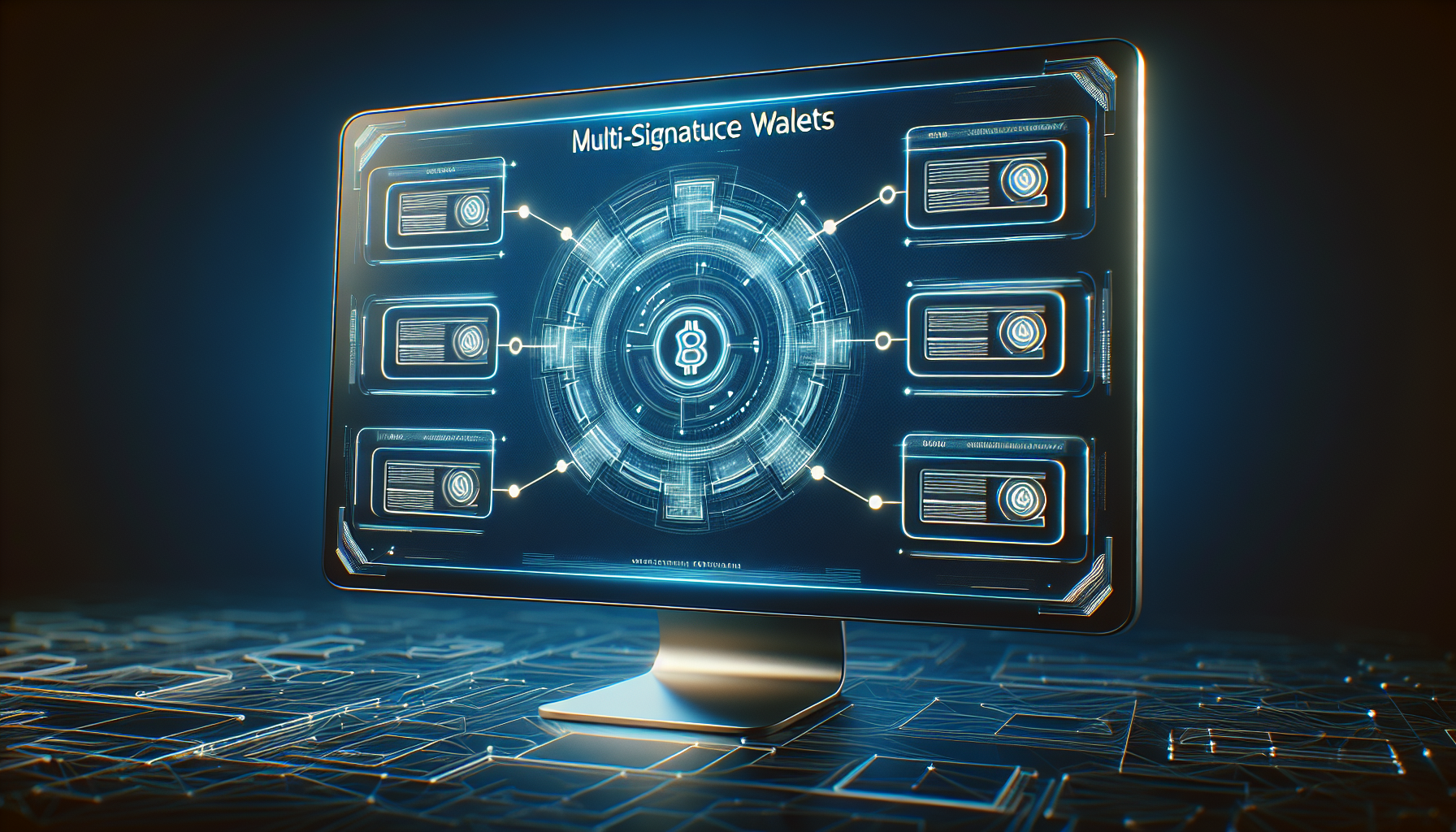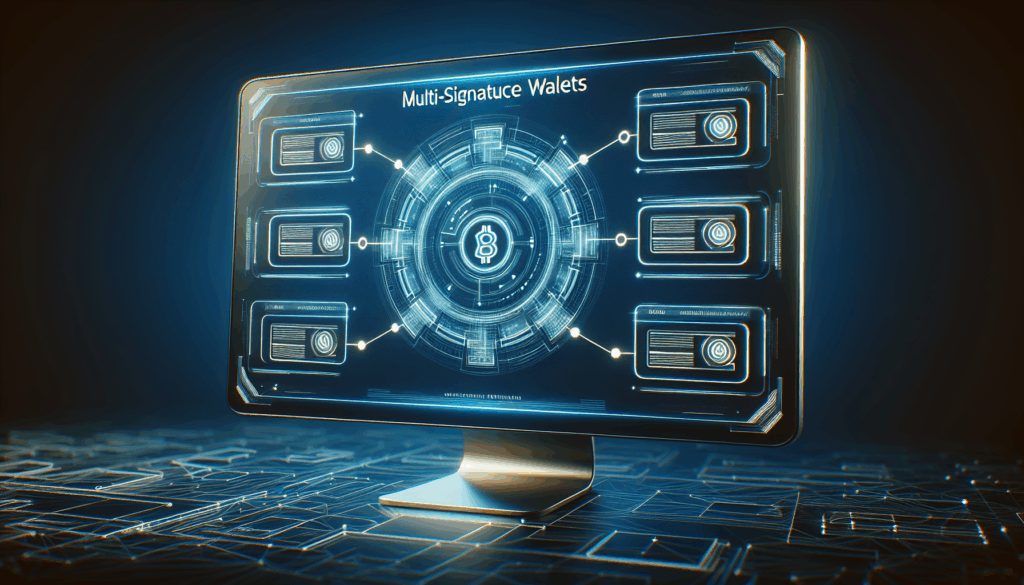Introduction: Why Security Matters in Cryptocurrency
Did you know that more than 5.6 million crypto wallets were hacked in 2022? For the millions of cryptocurrency holders globally, ensuring that your digital assets are secure is paramount. One effective method to enhance wallet security is through multi-signature wallets.
What is a Multi-Signature Wallet?
A multi-signature wallet, often referred to as multi-sig, requires multiple private keys to authorize a transaction. This wallet type provides a security layer, particularly useful for businesses and organizations. Imagine going to a shared bank account where both partners need to sign checks; similarly, in a multi-sig wallet, more than one user is needed to approve transactions.
Benefits of Multi-Signature Wallets
- Increased Security: By requiring multiple keys, it drastically reduces the risk of theft.
- Reduced Risk of Human Error: Transactions can only be completed with several approvals, minimizing mistakes.
- Flexible Management: Perfect for businesses, allowing separate permissions for employees and management.
- Trust Building: This wallet type fosters trust in partnerships by ensuring collective control over funds.
Steps to Set Up a Multi-Signature Wallet
Setting up a multi-signature wallet doesn’t have to be daunting. Here’s a step-by-step guide:

- Choose a Compatible Wallet: Some popular options include Gnosis Safe, BitGo, and Electrum. Ensure the wallet supports the cryptocurrency you intend to use.
- Generate Keys: Each participant will need to create their private key. Be sure to securely store it.
- Set Up Signatures Required: Determine how many signatures are required to authorize a transaction. For example, in a 2-of-3 wallet, two out of three keys must approve.
- Fund Your Wallet: Transfer your cryptocurrencies into the wallet, verifying that all keys function correctly.
- Practice Transactions: Conduct a few test transactions to ensure everyone understands the process.
Common Pitfalls to Avoid
While setting up, avoid these common mistakes:
- Neglecting to back up private keys.
- Choosing an untrusted wallet provider.
- Setting the wrong number of required signatures.
- Not training all parties involved on how to use the wallet.
Conclusion: Secure Your Digital Assets Today
In a world where cyber threats are omnipresent, employing a multi-signature wallet is a proactive measure to safeguard your digital assets. Don’t leave your cryptocurrencies at risk! To learn more about securely storing cryptocurrencies and the best practices, download our comprehensive security wallet guide now!
Disclaimer: This article does not constitute investment advice. Always consult your local regulatory bodies before making transactions.
For further exploration of blockchain technology and digital currency trading, check out our other articles on hibt.com.
Author: Dr. John Ledger
Dr. John Ledger is a recognized expert in cryptocurrency security, having published over 15 papers and led audits for major blockchain projects.
